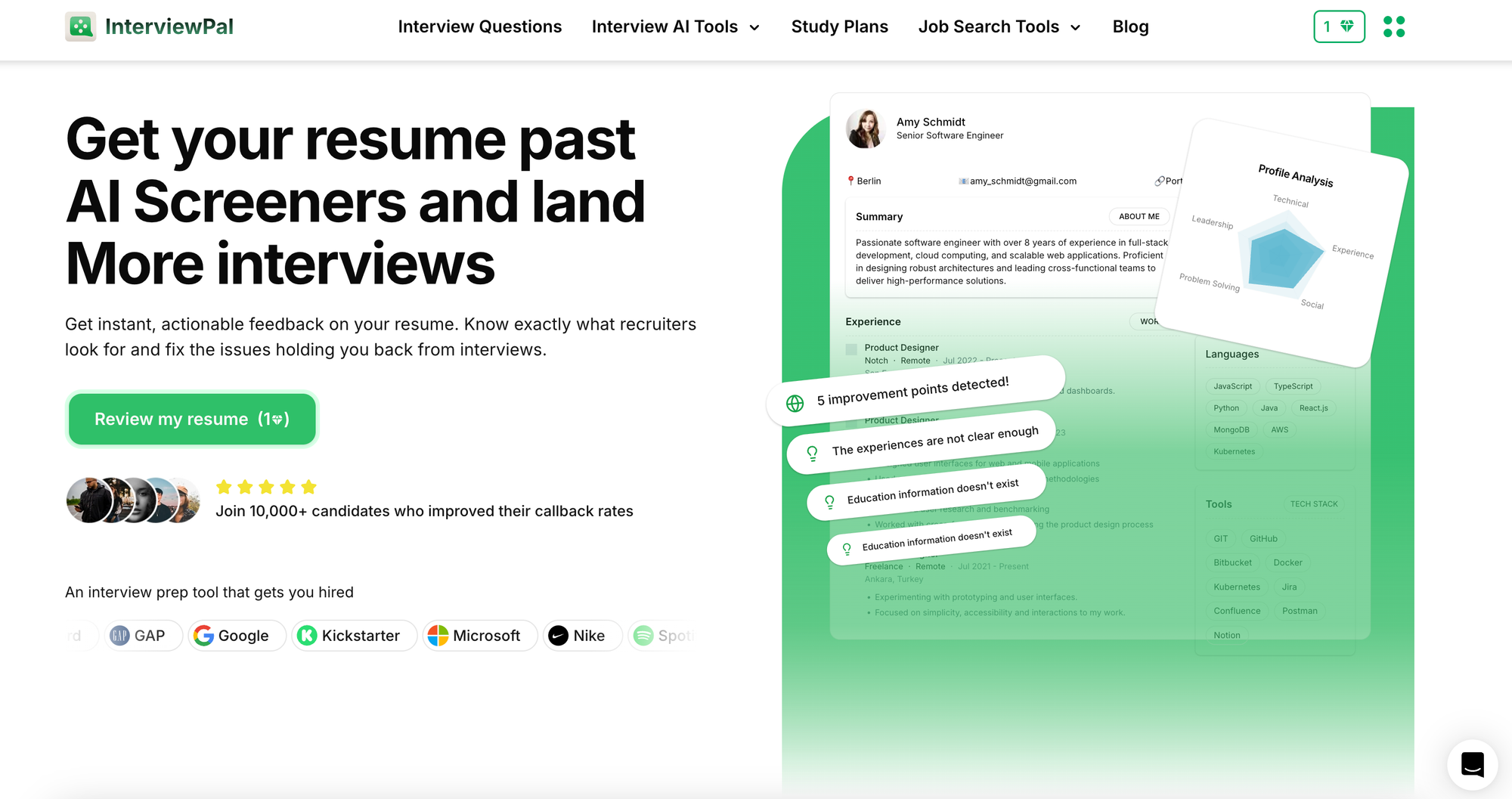It’s a familiar story. A job posting at a buzzy startup catches your eye. The product is sharp, the team looks brilliant, and the mission actually excites you. But then the doubts creep in. You didn’t go to Stanford. You don’t have a blue-chip company on your resume. You wonder if your application will even be opened, let alone taken seriously.
What if that pedigree doesn’t matter as much as you think?
The truth is, many of the most successful people in startups didn’t come from elite schools or flashy corporate backgrounds. They got in by being resourceful, fast-moving, and useful -three things startups value more than formal credentials. Especially now.
With AI reshaping everything from hiring pipelines to product roadmaps, the old playbook is losing relevance. Startups need talent that can adapt, not just follow instructions. If you can show you’re already thinking like a founder or a problem-solver, the door is open, regardless of where you studied, or if you studied at all.
Here’s how to do it.
The Degree Isn’t Dead, But It’s Quiet
In early-stage startups, the question isn't “Where did you go to school?” It's “Can you make something work?”
Founders are often moving too fast to care about your GPA. They want people who can jump in, figure things out without a lot of hand-holding, and communicate clearly. If your degree doesn’t signal that, it’s not doing much for you.
Hiring is also becoming more proof-driven. Open GitHub repos, product demos, personal blogs, and side projects are often stronger signals than diplomas. Founders want to see evidence of how you think and what you can ship.
AI is accelerating that shift. It’s easier than ever to build something impressive without a full engineering team. Knowing how to use tools like GPT, Midjourney, Figma, or Zapier effectively gives you creative and technical leverage. And it shows you know how to work in today’s environment, not the one schools were built for.
The best part? None of this requires permission. You don’t need a recruiter’s approval to start being useful.
Real Hacks That Actually Work
If you’re serious about getting into a startup without a pedigree, skip the fluff. These are tactics people are using right now to get noticed and hired.
1. Stop Sending Blind Resumes. Start Sending Proof.
Most resumes get skimmed for 10 seconds. Instead, send something that shows you understand the company and have already started thinking like a team member.
Also Read: How to Create a Resume With No Work Experience
Apply to a marketing job? Write a Twitter thread that explains three ways their current campaign could perform better. Send a Loom video walking through a broken part of their onboarding flow. Build a mock landing page for a feature they haven’t shipped yet.
You’re not being presumptuous. You’re solving a problem. Founders love that.
2. Work in Public. Even if Nobody's Watching.
Startups take risks on people they trust. You can build trust without ever meeting someone by sharing what you’re building or learning online.
Use X or LinkedIn to post progress logs. “Built a small AI tool that summarizes YouTube videos. Here’s what worked and what didn’t.” Or: “Learning how to automate workflows in Notion. Tried this on my own reading tracker.”
You don’t need 10,000 followers. You just need one founder to see your work and think: this person figures stuff out.
3. Cold Outreach That Doesn’t Feel Cold
Sending a generic “Hi, I love your company, are you hiring?” message is a waste of time. Instead, use targeted, research-backed outreach.
Here’s the play:
- Find a founder who just raised funding or posted about a hiring need
- Read their product updates, investor memos, or user feedback
Send a message like:
“Saw you launched the new analytics dashboard. Noticed a couple UX gaps on mobile—mocked up a fix and attached it. I’ve been building lightweight dashboards for the past few months. Happy to send a teardown or jump on a quick call.”
Now you’re not a cold email. You’re a collaborator who already cares about their product. Explain your 30-60-90 Day Plan. Impress them!
4. Offer a “Mini Internship” Without Asking
One of the best ways to get your foot in the door? Do the job before you get the job.
Pick a company you admire. Find a task they haven’t gotten to or a pain point users are talking about. Then solve it. Write the blog post they didn’t. Translate a key landing page into another language. Scrape and clean up user feedback and send them insights.
Once it’s done, send it over. Say: “Made this over the weekend. Use it if you want.”
Founders remember people who take initiative. And they often don’t forget when they’re hiring.
5. Show AI-Enhanced Thinking
Don’t just use AI. Show that you know how to think with it.
Anyone can ask ChatGPT to write a blog post. Not everyone can fine-tune prompts, test workflows, or chain tools together to build something that actually saves time or money.
If you’re non-technical, learn how to build small automations using Zapier and AI. If you’re a designer, show how you speed up prototyping with Figma plugins. If you’re a writer, document how you research faster or generate content outlines.
Show you know how to use AI not to replace your thinking, but to supercharge it.
6. Learn to Speak Like a Builder
This is subtle but powerful. Founders pay attention to how you talk about problems.
Avoid vague phrases like “I’m passionate about startups.” Instead, talk like a builder: “I’m trying to figure out how to reduce churn in freemium SaaS products” or “I’ve been thinking about how to automate onboarding emails based on user segments.”
This shows you’re already inside the world they live in. That’s a massive advantage.

How AI Is Changing What Startups Look For
AI tools are creating a different kind of early-stage company. They’re faster, leaner, and more execution-focused. That changes how founders think about hiring.
They’re not just looking for specialists anymore. They want “operators”, people who can do a bit of everything, learn fast, and use whatever tools are available to keep moving forward. AI is one of those tools.
This doesn’t mean you have to be technical. But you do have to be adaptable. You need to be comfortable picking up new tools, asking the right questions, and finding answers fast.
In this new environment, a college degree matters less than your ability to self-educate. Your portfolio is your Google Drive folder. Your CV is your GitHub, your Notion docs, or your Twitter feed.
And your interviews? They often start the moment you DM someone with a smart insight and a useful contribution.
What to Remember When You Feel Underqualified
It’s easy to psych yourself out. You might think: they’re going to want someone with more experience, or better connections, or a shinier background. Maybe. But maybe not.
Startups don’t hire like big companies. They care less about credentials and more about signal.
Signal that you understand their product.
Signal that you’ve solved similar problems.
Signal that you’re already thinking like a teammate.
If you can produce that, you’re not just applying. You’re already contributing.
The most effective candidates don’t wait for permission to prove their value. They create their own proof and put it where the right people can see it.
No degree required.



